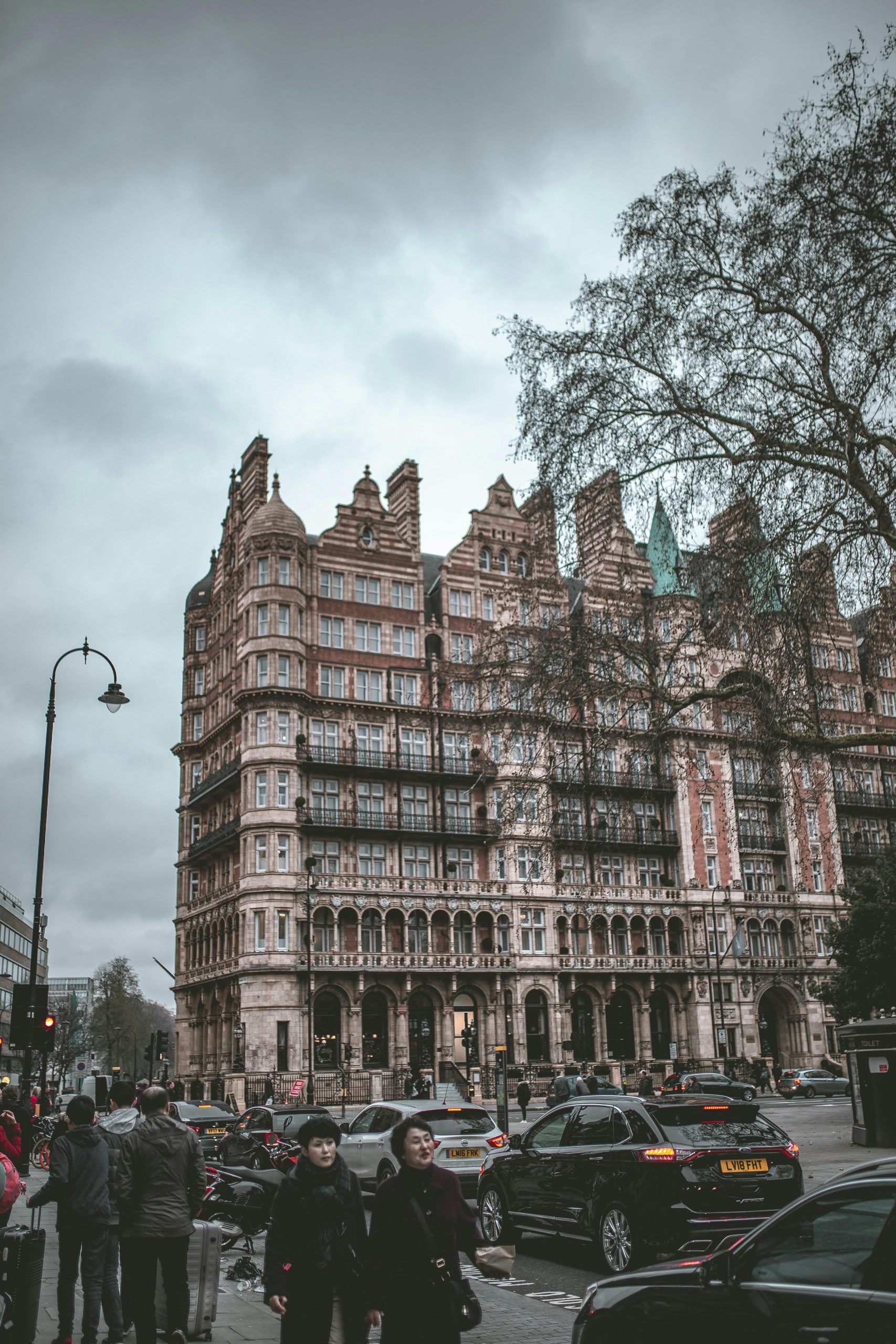Exploring the Prospect of a Tourist Tax on London Hotel Stays
The bustling city of London, a hub for international travelers and cultural enthusiasts from around the world, is contemplating a new initiative: the introduction of a tourist tax on hotel accommodations. This proposed levy aims to enhance the city’s resources and infrastructure to better cater to the influx of visitors each year.
Many major global cities have already implemented similar taxes—often modest fees added to the cost of accommodations—to help fund municipal projects that improve the overall visitor experience. These funds can be used for maintaining public spaces, enhancing transportation networks, and delivering additional services that directly benefit tourists.
Proponents of the initiative argue that such a tax could significantly bolster London’s ability to sustain its status as a top global destination by ensuring that the city’s infrastructure keeps pace with visitor numbers. On the other hand, some industry stakeholders express concern about the potential impact on tourism competitiveness and hotel occupancy rates.
As discussions progress, the importance of striking a balance between generating necessary revenue and maintaining an attractive destination for travelers remains a priority. It is yet to be seen how this proposal will evolve and what the final decision will be for visitors planning their next London getaway. Until then, the debate continues over the merits and potential implications of introducing a tourist tax to one of the world’s most visited capitals.


Insightful Perspective on the Proposed Tourist Tax
As a London resident, I appreciate the city’s continuous efforts to enhance the visitor experience while also managing the challenges that come with high tourist traffic. The concept of a tourist tax, though contentious, merits thoughtful consideration.
Here are some key points to consider in the ongoing discussion:
Thoughtful Perspective on the Proposed Tourist Tax
As a London resident, I appreciate the underlying intent to invest in our city’s infrastructure and public services through such a tax. Maintaining London’s status as a world-class destination requires continuous funding for public spaces, transport, and safety measures that benefit both visitors and locals alike.
However, it’s crucial to approach this carefully to avoid unintended consequences, such as deterring bookings in a highly competitive global tourism market. To strike the right balance, perhaps the implementation could include:
Engaging with local hospitality businesses and the community early in the planning process will be key to designing a fair and effective system. Ultimately, the goal should be to enhance London’s appeal without placing undue burden on either visitors or the industry. I hope the authorities will find a sustainable solution that preserves London’s charm and accessibility for all.